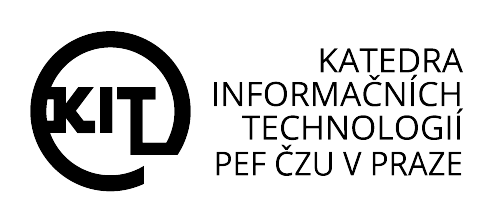From 31 January to 3 February 2023, more than 100 rural experts from different corners of Europe gathered in Montpellier, France, to discuss policies and tools for the future of rural areas. Two large European events were hosted by the Mediterranean Agronomic Institute of Montpellier (CIHEAM), coordinator of the EU-funded GRANULAR project and partner of the EU-funded SHERPA project.
European Conference for Rural Areas
On January 31 and February 1, 2023, a European conference on "Co-creating rural futures", which was attended by more than 100 rural experts from all over Europe. The conference was a hub for discussion on policy interventions that can improve rural life in light of climate change, digitalisation, social issues and economic recovery.
The event also allowed for an exchange of practices and solutions in these areas across the European countryside, thanks work done in the project SHERPA (Sustainable Hub to Engage into Rural Policies with Actors). In addition, 41 rural areas shared their experiences of running rural interfaces, a steering mechanism that brings together actors from science, society and politics to jointly create recommendations for setting rural policies. The aim of these interfaces (piloted as part of the SHERPA project) is to support policy settings that are more adapted to the needs of rural areas, and recommendations for improvements in this area were made during the conference.
Stakeholder meeting to plan work
The SHERPA conference was followed by a three-day meeting of the project consortium GRANULAR (Giving Rural Actors Novel data and re-Useable tools to Lead public Action in Rural areas), which was also attended by representatives of the Department of Information Technologies (DIT) of the Faculty of Operational Economics (FEM) of the Czech University of Life Sciences Prague (CZU). The meeting discussed how new data and technologies (such as crowdsourcing, the Internet of Things, Earth observation, artificial intelligence and citizen science) can provide knowledge for a better understanding of the countryside (based on information from participatory pilot areas) and thus improve policy setting.
Furthermore, the participants visited the meeting on February 2 Pays Pyrenees Méditerranée, one of the seven pilot areas of the project, in which rural representatives from science, politics and civil society will jointly design, test and validate the work of the GRANULAR project. Other pilot areas are located in Italy, the Netherlands, Poland, Spain, Sweden and the United Kingdom.
European institutions at these events
These events were attended by representatives of the European Commission from Directorate General of Agriculture and Rural Development (Directorate General of Agriculture and Rural Development). They explained how the European Union plans to revitalize rural areas, for example through the European Rural Observatory and the European Rural Pact – two flagship initiatives recently launched under the Long-Term Vision for Rural Europe (European Long-Term Vision for Rural Areas).
CZU involvement in the GRANULAR project
In the project, DIT FEM CZU cooperates closely with other partners in several areas, including the development of tools and indicators for characterising the attractiveness of the countryside, designing and implementing new methods, web scraping and nowcasting, and working with new open data sources for the countryside.
Further information:
Communication and dissemination for SHERPA and GRANULAR – Carla Lostrangio (clo@aeidl.eu)
Coordinator of the SHERPA project – Olivier Chartier (sherpa@ecorys.com)
Coordinator of the GRANULAR project – Dr. Tristan Berchoux (granular@iamm.fr)
Both projects receive the European Union’s funds. Views and opinions expressed are, however, those of the organisers only and do not necessarily reflect those of the European Union or the European Research Executive Agency (REA). Neither the European Union nor the granting authority can be held responsible for them. UK participants in the GRANULAR project are supported by UKRI grant numbers 10039965 (James Hutton Institute) and 10041831 (University of Southampton). SHERPA has received funding from the European Union’s Horizon 2020 Research and Innovation Programme under Grant Agreement No. 862448.

